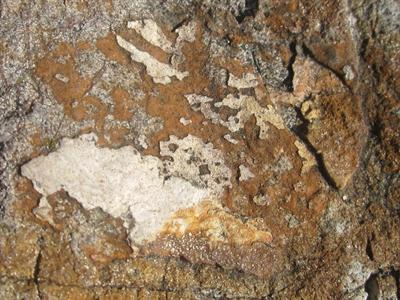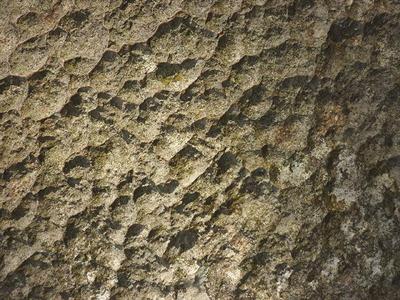PDF chapter test TRY NOW
Unlike physical weathering, Chemical weathering changes the molecular structure of rocks and soil.
Chemical Weathering: The disintegration and decomposition of rocks that take place due to chemical reactions is called Chemical Weathering.
Chemical weathering is predominantly high in the hot and humid regions such as the equatorial, tropical and subtropical zones; because rainwater reacts with the mineral grains in rocks to produce new minerals (clays) and soluble salts. These reactions occur mainly when the water is slightly acidic.
Chemical weathering takes place through one of the following processes of oxidation, carbonation, solution, and hydration. Oxygen, Carbon-dioxide, Hydrogen and water are the agents of Chemical weathering.
Oxidation
Oxidation is the reaction of oxygen in air or water with minerals present in the rock. Most of the rocks contain iron in it, which when comes in contact with air changes to iron oxide, familiar brownish crust or rust. Iron oxide crumbles easily and is far more easily eroded than the original iron. Thus, it weakens the overall structure and strength of the rock.

Oxidation weathering on rocks
Carbonation
Carbonic acid is the main agent when it comes to the carbonation type of chemical weathering. As rain droplets pass through the air, it grabs carbon dioxide, forming carbonic acid. This weak acid reacts with the calcium carbonate in stones when it seeps into the cracks. Carbonation is significant in the formation of caves in the limestone region.
Solution
Many minerals are dissolved by water, especially when the rain-water contains enough carbon dioxide to make it a weak acid. These dissolved minerals, when swept away, leave the remaining particles loose. This breaks down the rocks.

Water worn lime stone
Hydration
Certain chemicals in the rock expands on the absorption of water in humid conditions. These minerals swell and cause cracks and wearing of the rocks. This type of weathering is called hydration.
